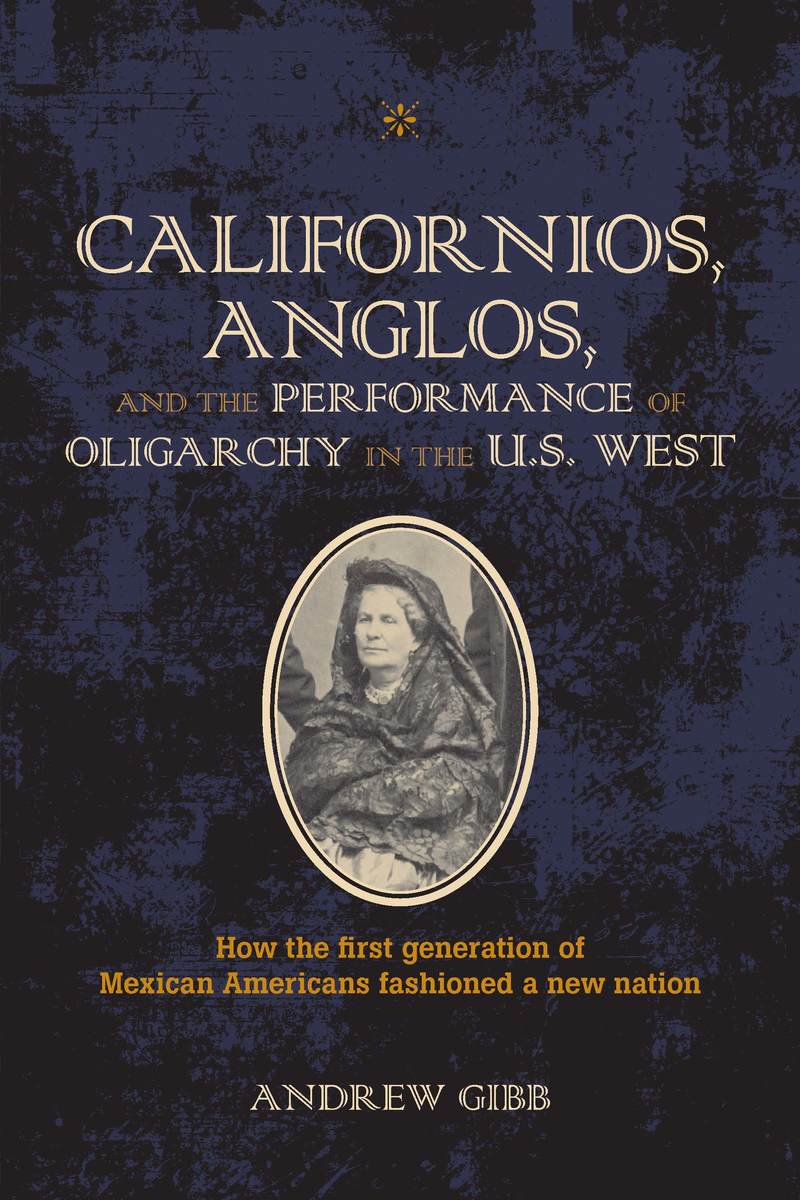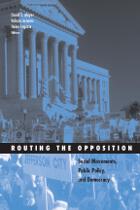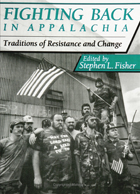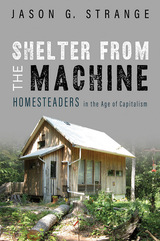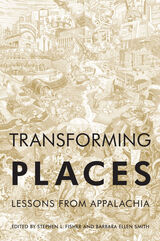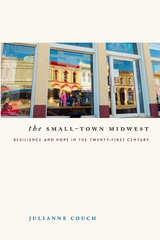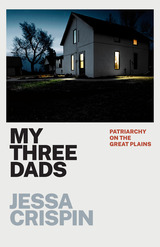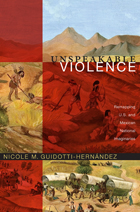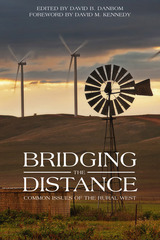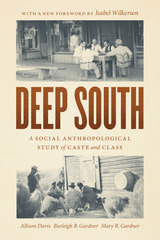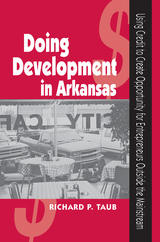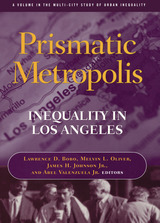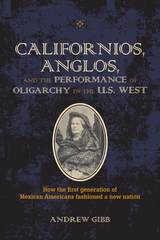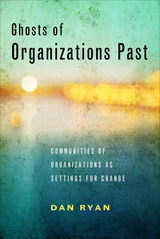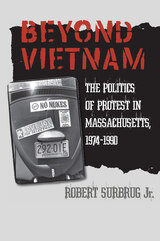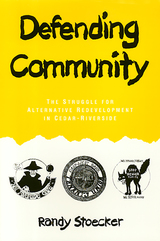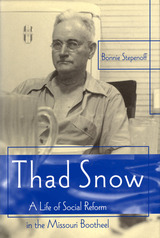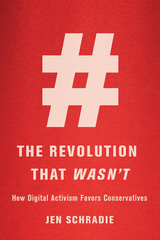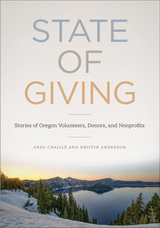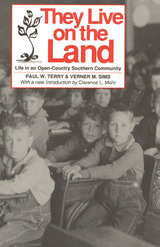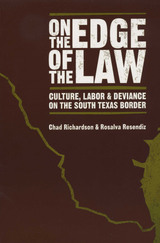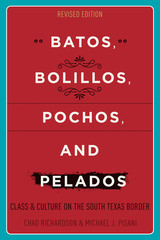Californios, Anglos, and the Performance of Oligarchy in the U.S. West
Southern Illinois University Press, 2018
Paper: 978-0-8093-3647-0 | eISBN: 978-0-8093-3648-7
Library of Congress Classification HN79.C23P64 2018
Dewey Decimal Classification 303.309794
Paper: 978-0-8093-3647-0 | eISBN: 978-0-8093-3648-7
Library of Congress Classification HN79.C23P64 2018
Dewey Decimal Classification 303.309794
ABOUT THIS BOOK | AUTHOR BIOGRAPHY | REVIEWS | TOC
ABOUT THIS BOOK
In Californios, Anglos, and the Performance of Oligarchy in the U.S. West, author Andrew Gibb argues that the mid-nineteenth-century encounter between Anglos and californios— the Spanish-speaking elites who ruled Mexican California between 1821 and 1848—resulted not only in the Americanization of California but also the “Mexicanization” of Americans. Employing performance studies methodologies in his analysis of everyday and historical events, Gibb traces how oligarchy evolved and developed in the region.
This interdisciplinary study draws on performance studies, theatre historiography, and New Western History to identify how the unique power relations of historical California were constituted and perpetuated through public performances—not only traditional theatrical productions but also social events such as elite weddings and community dances—and historical events like the U.S. seizure of the city of Monterey, the feting of Commodore Stockton in San Francisco, and the Bear Flag Revolt.
This interdisciplinary study draws on performance studies, theatre historiography, and New Western History to identify how the unique power relations of historical California were constituted and perpetuated through public performances—not only traditional theatrical productions but also social events such as elite weddings and community dances—and historical events like the U.S. seizure of the city of Monterey, the feting of Commodore Stockton in San Francisco, and the Bear Flag Revolt.
See other books on: Direction & Production | Gibb, Andrew | Mexican influences | Power (Social sciences) | Social structure
See other titles from Southern Illinois University Press
